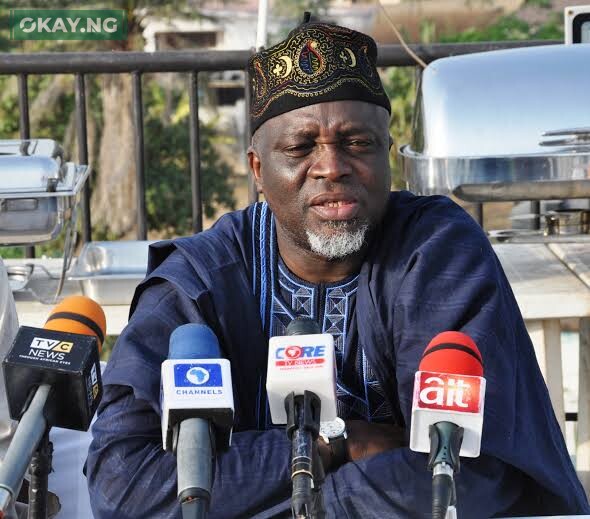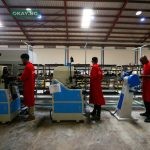The Joint Admissions and Matriculation Board (JAMB) has addressed public criticism and media discourse regarding its proposed N1.1 billion allocation for staff meals in the 2025 budget, following scrutiny from lawmakers during a budget defense session.
During the session on January 13, JAMB’s registrar, Ishaq Oloyede, faced questions from a joint committee of the National Assembly, with lawmakers raising concerns over the board’s proposed spending, including N1.1 billion for staff meals and N850 million for fumigation, security, and cleaning.
In response to the backlash, Fabian Benjamin, JAMB’s national spokesperson, clarified the board’s position in a statement issued on Tuesday, noting that some media reports and lawmakers’ comments might have conflated figures from the proposed 2025 budget with actual expenditures from 2024.
“During this session, there was no presentation of any 2024 expenditure of N1.1 billion for feeding or N850 million for fumigation,” Benjamin said.
JAMB explained that the meal allowance was intended to feed its 2,300 staff members, including cleaners and security personnel, daily in 2025. The initiative aims to minimize staff exposure to public eateries during work hours and protect sensitive ICT infrastructure from potential food-related hazards.
“Over the past two years, the cost of providing this meal for headquarters staff (on the two offices in the board) was N1,200 per day, per staff,” JAMB stated.
“However, due to rising food prices, vendors have requested an increase to N2,200 (including 13.5% taxes). Based on this new price, the total cost of providing meals for 2,300 staff members throughout the working days in 2025 is projected to be N1.27 billion. Nevertheless, JAMB has budgeted N1.1 billion for this purpose.”
JAMB clarified that the N850 million allocation for security, cleaning, and fumigation includes salaries of outsourced personnel, cleaning materials, and other operational expenses. The board stated that only N2 million was specifically allocated for fumigation services in 2025.
Regarding the N6.4 billion earmarked for local travel and transport, JAMB explained that the allocation is mandated by the Budget Information Management Monitoring System (BIMMS) for government-owned enterprises.
JAMB emphasized that all its capital, overhead, and operational costs are funded through internally generated revenue, with the government covering only the salaries of its pensionable staff.
“All capital, overhead, and operational costs of the board are met from the internally generated revenue of the board while the government covers the salaries of only pensionable JAMB staff,” the statement added.









